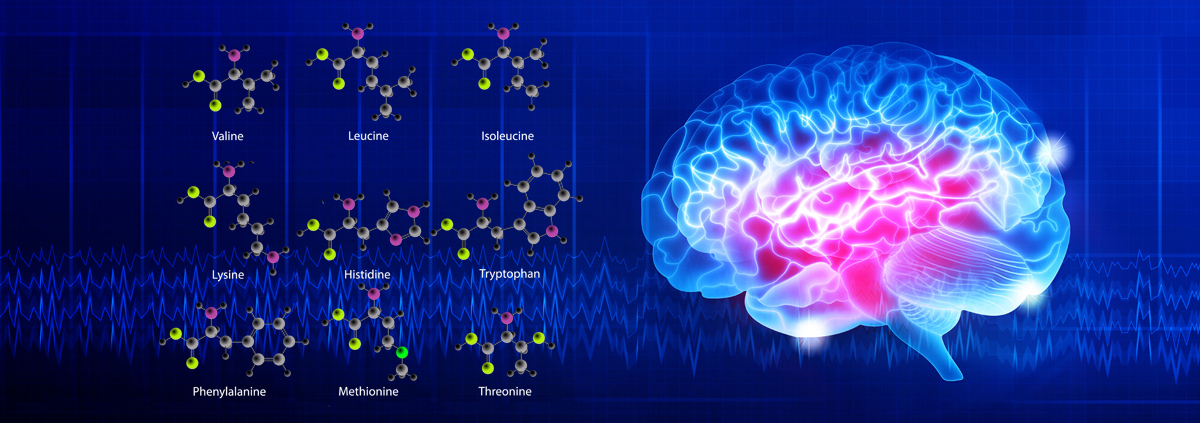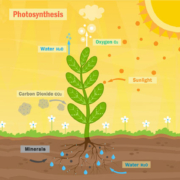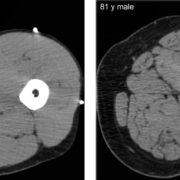New Research Links EAAs and Brain Function
I’ve talked about essential amino acids in the past as it relates to increasing muscle mass in those of us 50 and older. A recently published study may give us another reason for taking essential amino acids: it may reduce, delay, and perhaps reverse neurological signs of dementia.
To understand the research, you have to know about tau: it’s a structural protein found in nerve cells that help stabilize them, and deterioration of tau is associated with the development of Alzheimer’s disease. Researchers in Japan examined the response to normal and reduced protein intake both with and without supplemental essential amino acids in mice susceptible to developing high levels of tau (rTg4510 mice) along with control mice. They used a variety of tests to determine outcomes including brain scans, biochemical analysis, and genetic expression.
Because the data from the brain scans are so visual, they’re the easiest to assess. In the controls, there was very little impact of the 5% versus 20% protein diet in the cortical area. However, in the tau mice, there was evidence of decline in brain matter with normal protein intake, but the decline was much greater in those with reduced protein intake.
We’ll examine the impact of supplementation with essential amino acids in Saturday’s memo. One thing is certain: it’s important to increase protein intake to at least 20% of calories as we get older. Regardless of your age, it might be a good idea to monitor your protein intake by all sources this week.
Reminder: you have the rest of this week to take advantage of the 25% off sale on Supplementing Your Diet as either a download for yourself or CDs to share with others, and that’s in addition to Member and Insider discounts.
What are you prepared to do today?
Dr. Chet
Reference: SCIENCE ADVANCES. Oct 2021. (7) 43. DOI: 10.1126/sciadv.abd5046









